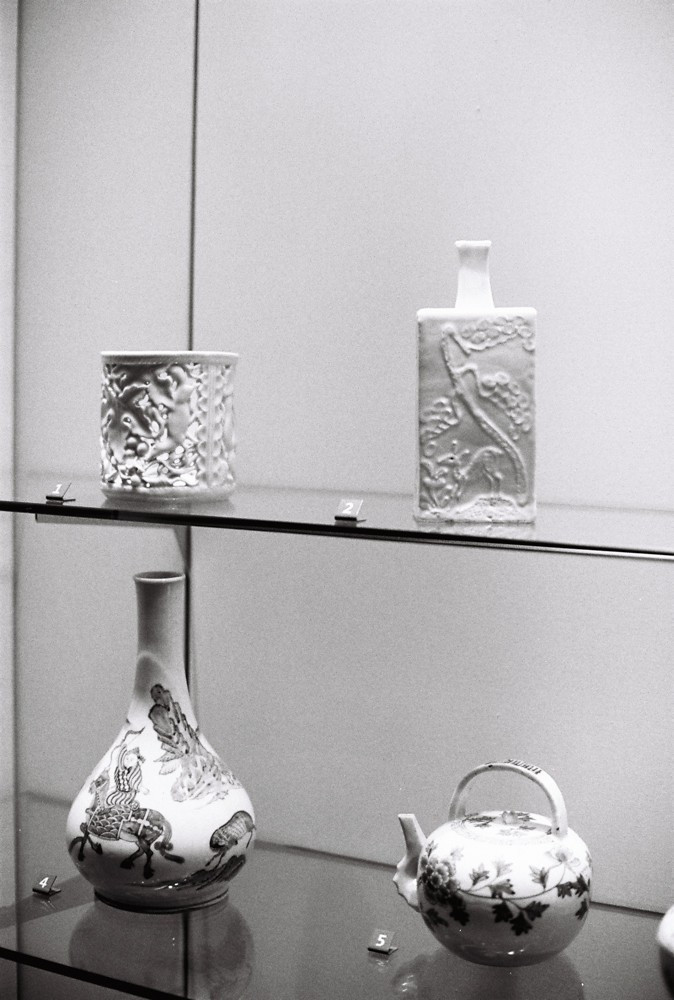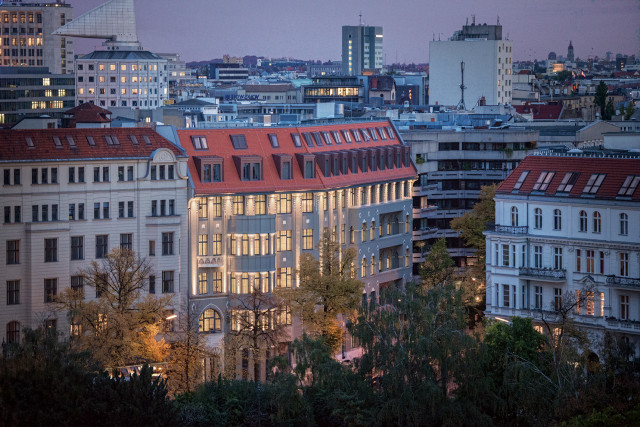
Hospitality & Tourism
People define themselves through the things and services they use. Changing values produce a shift in priorities: today, it’s access not ownership that counts, knowledge not swank, quality not quantity. That’s why innovative organisations spearheading the new values offer not only good products but also cultural identification. They know that their future viability is no longer determined by their number of patents alone but by their wider cultural and social relevance. Therefore, we work with our clients to develop strategic narratives that emerge from their own culture and history and integrate themselves sustainably into people’s everyday lives.

Innovation through Cultural Engineering
Innovation is changing. Today, innovation is not only generated by functionality and patents but also by dialogue with society and people. Consumers use brands and their products as an expression of identity, to create their own narrative of how they’d like to be seen. But how do products, services or media become cultural goods? And how can companies boost technological performance with cultural authority? By observing social changes and developments, responding to them. And by conveying a meaningful world view using relevant cultural codes.
If hotels no longer sell beds but experiences and meaningful memories and thus turn their guests into exploreres instead of tourists, or if a manufacturer of sports items puts its customers’ sporting ambitions on a par with the fight against social conventions, then cultural innovation happens. It isn’t a question of developing the right story or blindly following every trend, however. Cultural innovation requires an awareness of a company’s history and commercial conviction. This turns brands into powerful symbols that people can readily identify with.
Cultural authority doesn’t result from a collaboration with a fashionable label or a commitment to environmental protection. Cultural authority means discovering one’s social potential and thereby accelerating into the future.

Cultural relevance as strategic advantage
In an era of change driven by digitalisation and globalisation, companies are faced with the impossible task of knowing their own future. But the future isn’t known, it’s shaped, which is why the major strategic advantage for companies and institutions lies in their cultural relevance – i.e. seeing themselves as part of society, and shaping society and its future via positive dialogue. WAALD works with its clients to develop strategic narratives aimed at strengthening their social and cultural relevance, utilising social change to ensure their future viability. This way, we achieve value-enhancing, sustainable and relevant growth while strengthening clients’ and employees’ identification with companies. Innovation leadership requires cultural leadership.
